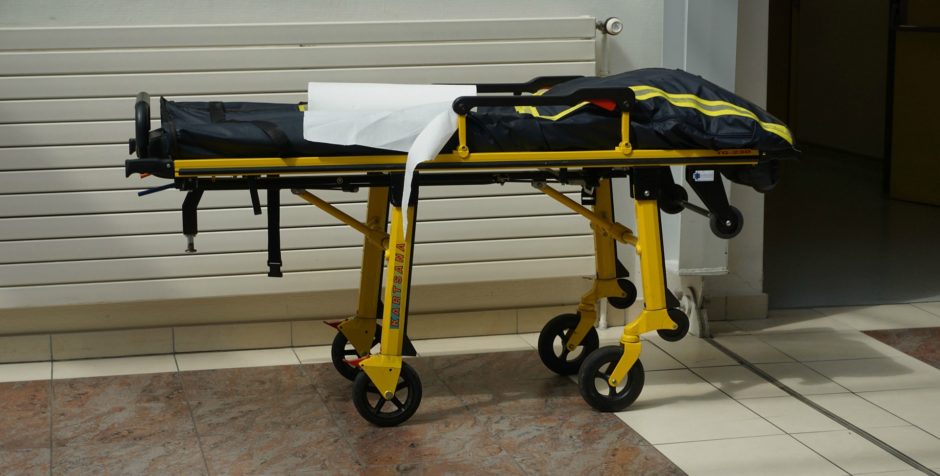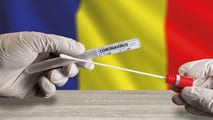In less than a week of containment to prevent the spread of the Coronavirus, we have just experienced another upheaval that few people have really perceived. On the one hand, the almost unanimous media acceptance of the right of withdrawal for agents, and on the other hand, the refusal of conscientious objection for caregivers, which the media ignored and passed over in silence.
Let us take a step back. Since the beginning of this health crisis, we have seen in strategic companies, hospitals, transportation businesses, food... that staff have been exercising their right to withdraw from work, particularly when they are carriers of a chronic disease. The justification for this right of withdrawal is to avoid the risk of catching the Coronavirus and contaminating one's close family. This request is understandable, and the media do not seem to be shocked by it.
Almost at the same time, in a decision made public on 12 March, three judges of the European Court of Human Rights (ECHR) deprived European midwives of the guarantee of their right to conscientious objection to abortion. This decision can apply, by extension, to the entire medical profession. Who cares in the midst of the Covid 19 health crisis? And yet this is of the utmost importance.
On the one hand, a whole country which recognises the right of withdrawal and the demand not to risk dying on the way to work, and on the other hand, the ECHR which hinders the freedom of health care workers to refuse the killing of a human being during the exercise of their work.
It should be remembered that Covid 19 disease has a very low mortality rate for a person of working age; less than 1% before the age of 50, less than 4% before the age of 70. A large number of caregivers are in the 50-65 age group. Few, in the latter age group that I work with, are reluctant to come to work. Many do so with courage, despite legitimate apprehension. Chinese and Italian health workers have sometimes paid a heavy price in their fight against the disease.
What would happen if tomorrow all the emergency, intensive care and maternity nurses in France were to exercise their "right to withdraw"? All those who come to work in these services, believers or not, come because they know the human life's value. And they come, not out of obligation, but because in their hearts something is stronger than their fear. Healing is a struggle, never before has this been so true. It is a struggle to defend life, the life of the sick, the life of those we love, one's own life. And in this fight, we know that caregivers will lose their lives.
Today, to these same medical staff, the ECHR has just declared that abortion is an ordinary medical act and that general access to abortion takes precedence over respect for personal freedom of conscience. The ECHR considers that midwives have chosen this profession voluntarily, "knowing that this would mean assisting also in abortion cases". If tomorrow euthanasia was legalised in France, would the ECHR come and tell us that euthanasia is an ordinary medical act and that general access to euthanasia takes precedence over respect for personal freedom of conscience? We have not chosen to work in resuscitation, palliative care, or more broadly with patients to end people's lives. To cure is not to kill. Caring is a daily struggle for life, against death. Caregivers have known this only too well in recent weeks. And when illness wins, the caregiver is not defeated because, as Professor Bernard, the first president of the French National Consultative Ethics Committee, said in 1983, it is time to "add life to the days when you can no longer add days to life".
By accepting the right of withdrawal, an entire country comes to the European Court of Human Rights and says: NO, conscientious objection is not abolished when life is in danger! Why is it that, when agents assert their right of conscientious objection because their life seems to be in danger, should midwives and all health care workers not have the right to withdraw their conscientious objection so as not to give death?
The Coronavirus isn't done shaking our lives and our consciences, reminding us that human life is sacred. We will have to remember this after this health crisis, so that the laws will be faithful witnesses to it.
Dr. Jean Louis Chauvet,
Resuscitation doctor















